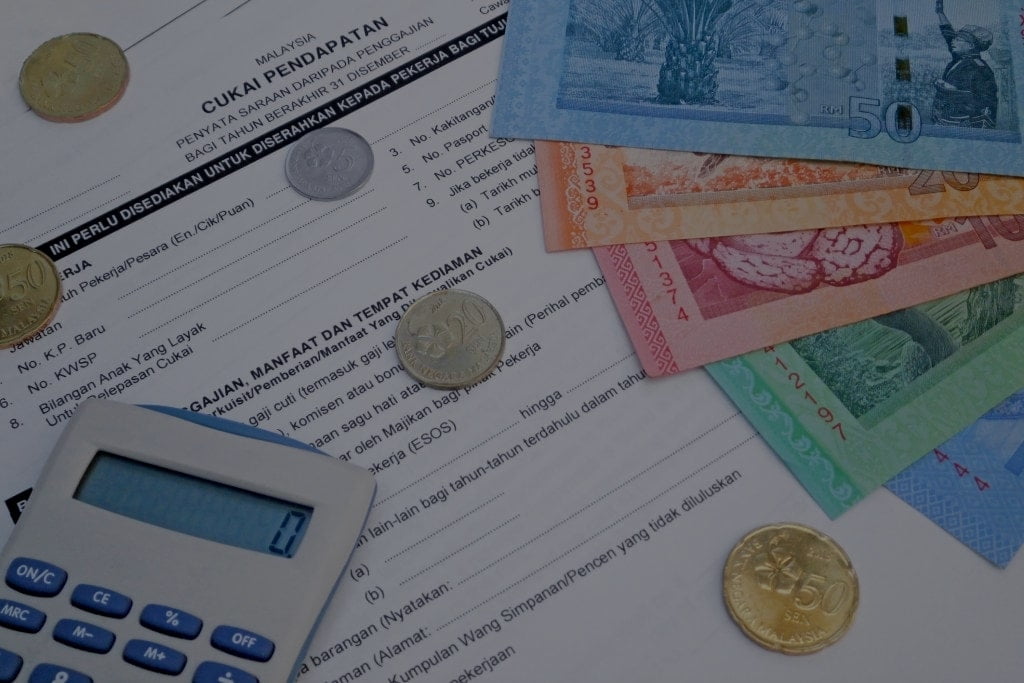What Businesses Need To Know About The PENJANA Tax Incentives?
Malaysia has introduced its fourth economic relief package to mitigate the impact of the COVID-19 pandemic on the economy, and to provide various tax incentives in Malaysia. The package is named Pelan Jana Semula Ekonomi Negara (PENJANA). Its value is around RM 35 billion.
The package includes a number of tax incentives for businesses affected by both the pandemic and the lockdown. It also provides both financial assistance for SMEs and measures to protect the job. Through PENJANA, most of the Malaysians will be able to enjoy tax reliefs as they will not have to pay taxes on some specific expenses.
This article discusses the tax incentives and reliefs given to various individuals and organizations under PENJANA. Here are the top five exemptions given under PENJANA:
1. Incentives for Property Owners
PENJANA provides massive tax deductions to property owners that reduce the rental amount to at least 30%. Such a measure supports not only longstanding property owners, but also the people who are looking to buy property for the first time.
The PENJANA plan will also reintroduce and promote the Home Ownership Campaign. It will be useful in kick-starting the property market after COVID-19, which is highly important considering the fact that real estate has suffered a lot in the last few months.
Moreover, stamp duty exemptions are offered to homeowners. Stamp duty is a fee that is typically required for legal documents like instruments of transfer, loan agreements, and other such documentation. The properties that value above RM 1 million will get stamp duty exemptions.
Ultimately, the businesses involved in the real estate industry will also enjoy these benefits, because they will kick-start the property market. Hence, real estate businesses will be able to sell more properties.

2. Tax Exemption for Automotive Industry
The automotive industry has received a 100% tax exemption for both local and imported cars. It simply means that vehicle manufacturers will not have to pay a single-stage tax on local or international manufacturing. Moreover, the buyers in Malaysia will also benefit from these tax incentives because their costs will come down, due to fewer taxes.
3. Small and Medium-Sized Enterprises (SMEs)
Tax specialists and accounting firms in Malaysia have lauded PENJANA because it covers almost all industries and aspects of the Malaysian economy. Micro businesses and SMEs are considered to be the backbone of the Malaysian economy, as they represent around 98% of Malaysia’s business population.
PENJANA pays special attention to SMEs to uplift and heal the economy. Incentives like establishing new companies, income tax rebate of RM 20,000 per annum for the first three years, and stamp duty exemptions are introduced to support this important sector.
To facilitate the SMEs’ cash flow issues, the banking sector will be providing about RM 2 billion at a low-interest rate of 3.5%. A criterion is set, and the eligible SMEs can apply for a maximum amount of RM 500,000.
4. Tax Incentives For Enterprises in Malaysia
Large organizations and enterprises were also heavily affected by prolonged lockdown and a smaller number of customers. Hence, PENJANA is promising up to RM 400 million for enterprises with an interest rate of 3.5%.
The companies that are eligible for this incentive can apply for up to RM 50,000. Accounting firms in Malaysia will have to keep these incentives and new regulations in mind before managing various companies’ payroll.

5. Tourism Industry
- Extending the tax deadlines until December 31st for the tourism and travel agencies, hotels, and airlines.
- Domestic travellers are given concessions as well, because they will not have to pay an income tax of up to RM 1,000 if they are travelling locally between 1st March to 31st December 2021.
- Moreover, 100% tourism tax exemption will be given from 1st July 2020 to 30th June 2021. It includes many different exemptions, such as exemption from paying tax for accommodation.
In a Nutshell
Other than the industries discussed above, many other businesses are also given tax exemptions and relief under the PENJANA plan. Newly established businesses and COVID-19 related products like PPEs, thermal scanners, masks, and others are given maximum tax relief.
Overall, PENJANA is a very comprehensive economic package that includes a lot of provisions to support various industries and therefore the Malaysian economy. Every business and accounting firm in Malaysia should familiarize itself with these provisions to ensure that they are able to take benefits from these tax incentives.
For more information, feel free to get in touch with us.












